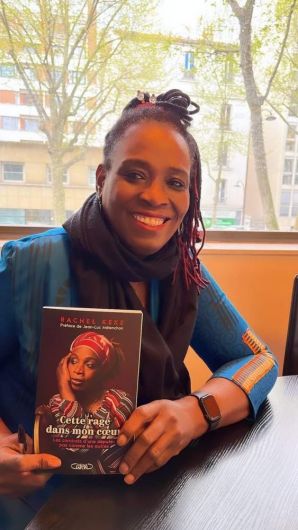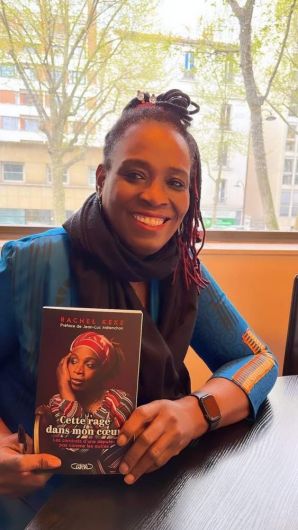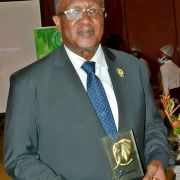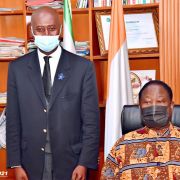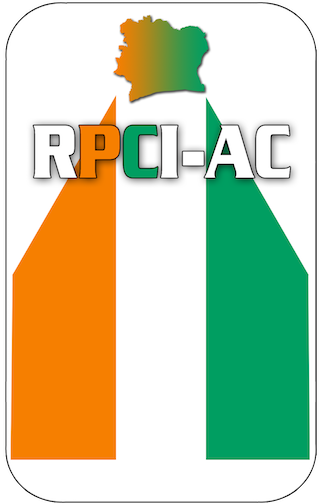"THIRD WORLD POLITICS OF ECONOMICS":"FOCUS ON THE THIRD WORLD ECONOMIC POLITICS OF CLASSIFICATION"!
Le 21 avril 2012 par IVOIREBUSINESS - Because of the level of economic development is the key to their situation, it makes sense to classify third world countries in economic a well as in political terms. Among the
Le 21 avril 2012 par IVOIREBUSINESS - Because of the level of economic development is the key to their situation, it makes sense to classify third world countries in economic a well as in political terms. Among the
most important factors are:-1."The size and distribution of the national income" 2-"The extent of industrialisation and urbanisation" 3-"The amount of foreign debt" 4-"The concentration of exports on a single commodity". Moreover, as far as the economic classification is concerned, there are four main clusters of third world states:-1-"Oil exporters", 2-"Newly industrialising countries(NICs)" 3-"less developed" 4-"least developed". To look briefly at each group, we can confirm the fact that the "Oil exporters group" mainly located in the "Middle East", and in some african countries suchas: "NIGERIA", "Angola", "Congo BRAZZAVILLE", "Gabon", "Ivory COAST", "Algeria" "Ghana", supply the oil that is the lifeblood of world industry. Since they began to use the leverage this gives them, the major oil-exporting states have enjoyed vast revenues. With only small populations to support, several of these countries(Saudi arabia, United arab emirates, Brunei) are enormously rich with average incomes exceeding(10.000 usa dollars) per head! These highly affluent states are ruled by traditional monarchs. Let's take the conspicuous example of the "Saoudi arabia" who provides its people with extensive health and education services, but the regime is ultra-conservative and predemocratic: Elections and representative institutions do not exist or are of little moment. To take stock of the less and least developed countries, there are in a great number: In about forty other third world countries, significant economic development has taken place. However, the modern sector of the economy is not international competitive(unlike the NICs), or else is dominated by transnational companies. Income levels in some of these countries, such as: "Argentina", "Chile" ans "Uruguay", can be fairly high(1000-3000 usa dollars per head). But their economic development has come has come to a halt or is subject to large fluctuations. This basically makes for politic instability... In the same trend, as far as least developed countries are concerned, around seventy very poor countries, many in the whole Africa, have incomes per head below(1000 usa dollars) a year! They almost entirely lack a manufacturing base! Instead, they depend on one or two commodities for export earnings. Often highly dependent on foreign aid and burdened with debt, these countries are in a very weak position from which to attempt economic development. That's to say, the major challenge of most of the african countries today, is to overcome the heavy load of foreign debt (world bank, breton woods, club de paris...).On the other hand, to feel safer and stable economically in the new millennium, the majority of the african states must enter the world's manufacturing economy and get rid of their enormous raw materials by becoming industrialising states in a near future! Right now, in the "Ivory Coast", grounded in credible facts and sources, we can take into account the crucial reality that the ivorian president, "Allassane Ouattara" is without doubt allowing government funds through the international monetary fund's system, (Imf), that will aid the ivorian people as a whole in this ivorian turmoil and recession, so as stimulate in the months or years to come a new economic system growth in the country: Actions speak louder than words, someone said! Wait and see!
(Yves T Bouazo)


